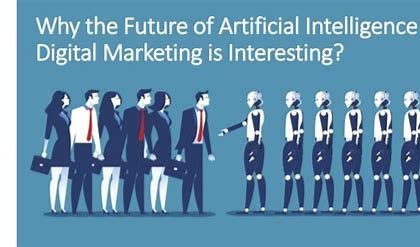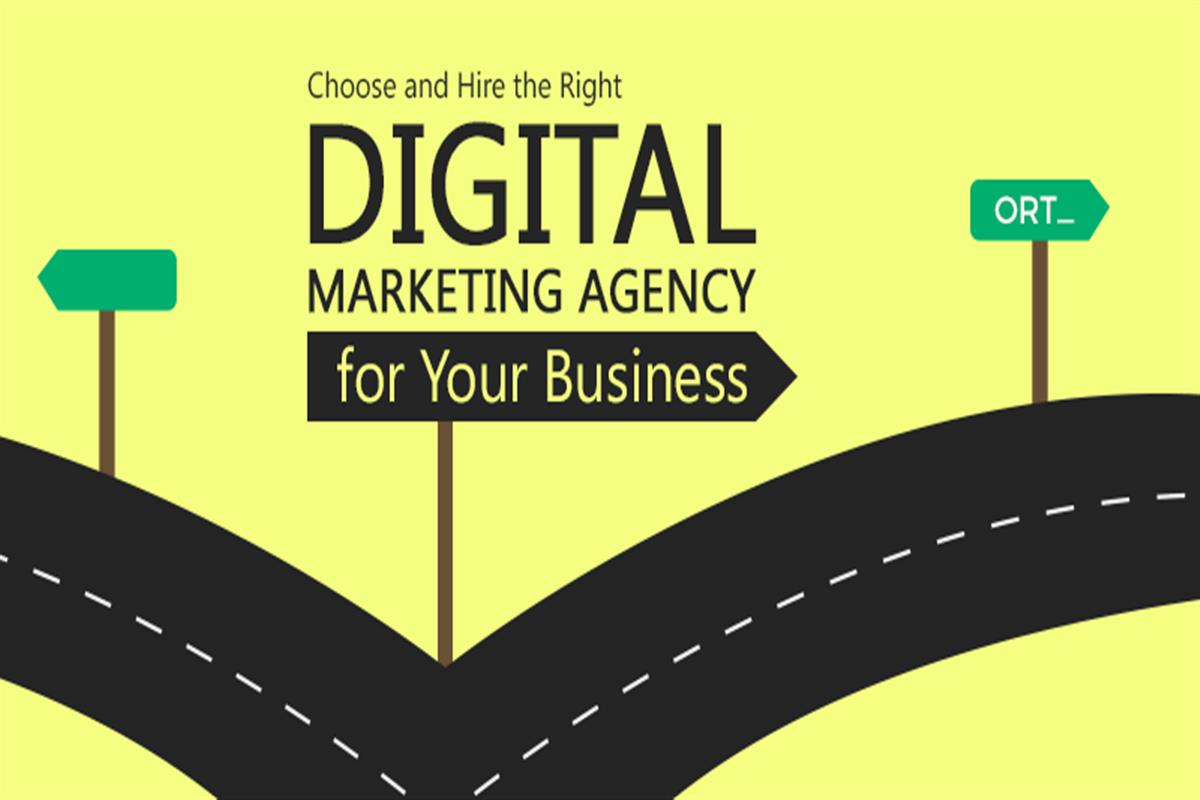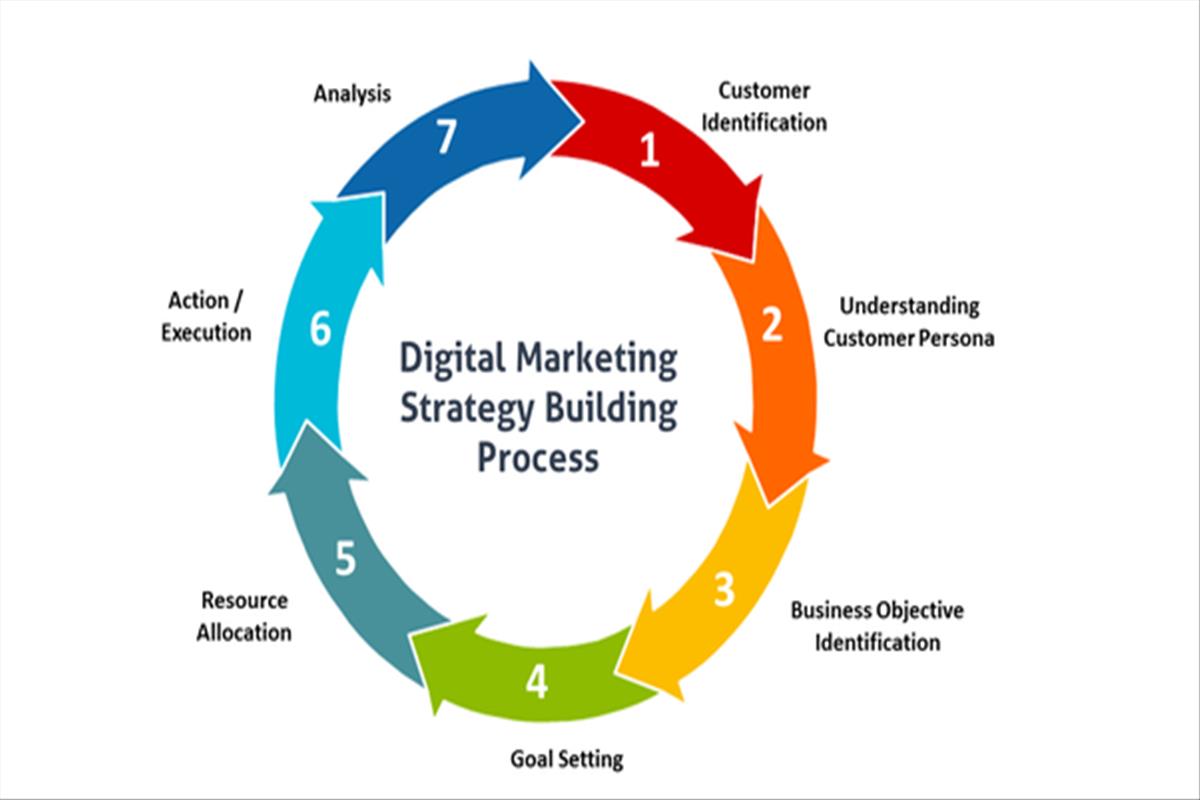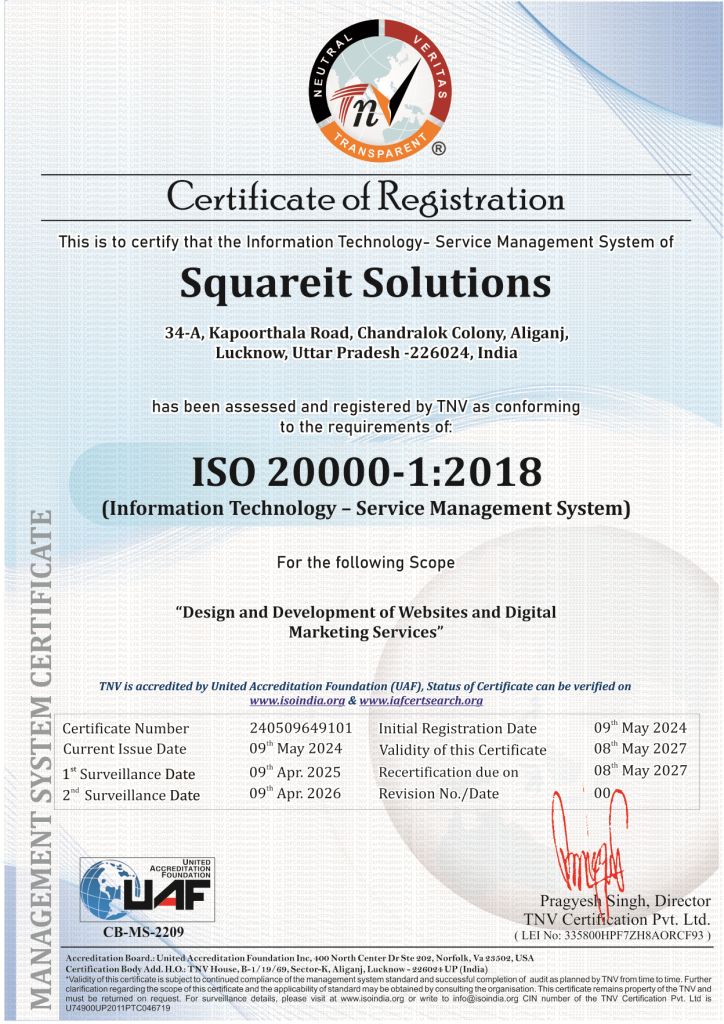AI will enhance automation, personalization, decision-making, and ethical marketing in digital strategies by 2025.
As we progress deeper into the digital age, it's clear that AI automation increases, advanced personalization, and enhanced decision-making will shape the future of digital marketing. By 2025, we can expect AI to transform how brands engage with consumers and streamline marketing processes.
The Growing Role of AI Automation
AI automation is not just a trend; it's the backbone of the tech evolution in marketing. Businesses are increasingly using AI to automate repetitive tasks like data entry, social media posting, and even customer service interactions.
According to a recent study, 72% of business leaders believe AI will give them a competitive advantage. This shift means marketers will spend less time on mundane tasks and more on creative strategies that resonate with audiences.
Benefits of AI Automation
1. Efficiency: Automating routine tasks can save countless hours and allow teams to focus on strategy.
2. Error Reduction: AI systems are less prone to human error, ensuring accuracy in data handling.
For example, chatbots have revolutionized customer service by providing quick responses to users at any time. This efficiency goes a long way in improving customer satisfaction.
Advanced Personalization: The Next Level
Personalization is vital in today's marketing strategies. But it’s no longer enough to simply use a customer's name in an email. AI helps businesses deliver advanced personalization based on user behavior, preferences, and historical data.
Statistics show that personalized emails can increase click-through rates by 14%. That’s a substantial uplift, and it’s just one example of how personalized marketing can enhance customer engagement.
How AI Enhances Personalization
- Data Analysis: AI can analyze massive amounts of data to predict what a customer might want.
- Targeted Campaigns: Businesses can design specific campaigns for different segments of their audience.
Imagine receiving a tailored recommendation when browsing an online store. That’s AI working behind the scenes, improving your shopping experience while boosting sales for the retailer.
Enhanced Decision-Making with AI Insights
The future of digital marketing isn’t just about automation and personalization; it's also about **enhanced decision-making**. AI offers insights that help marketers make smarter choices.
Figures suggest that objections handled by AI are increasingly accurate, with AI systems achieving up to 95% accuracy in predictive analytics. This accuracy helps marketers anticipate market trends and consumer preferences effectively.
Data-Driven Decisions
- Predictive Analytics: AI predicts future customer behavior, allowing brands to act proactively.
- Real-Time Adjustments: Marketers can adjust campaigns in real-time based on AI insights to optimize performance.
With AI, decision-making becomes less about guesswork and more about informed analysis. This capability ensures that marketing efforts are not about throwing spaghetti at the wall and seeing what sticks.
The Shift Towards Voice and Visual Search
As we look to 2025 and beyond, voice and visual search will become increasingly relevant in digital marketing. With AI technology improving constantly, we can expect user interactions to just keep getting more streamlined.
In fact, around 30% of smartphone users use voice search once a week. This statistic indicates a significant shift in how consumers search for products and services.
Preparing for the Future
- Optimizing for Voice Search: Marketers should shift toward using natural language in their SEO strategy to align with how people speak.
- Investing in Visual Content: Eye-catching visuals will be crucial, as consumers become more visually-oriented in their search patterns.
By prepping for this shift now, businesses can ensure they stay ahead of the curve. Adapting marketing strategies to cater to these evolving consumer behaviors will be key.
The Ethical Considerations of AI in Marketing
As AI continues to evolve, ethical considerations must remain in focus. Issues such as data privacy, user consent, and algorithmic bias are critical discussions that need to take place.
A 2023 survey found that 76% of consumers are concerned about how their data is used. Meaningful engagement and transparency will build consumer trust.
Essentials for Ethical AI Marketing
1. Transparency: Allow customers to see how their data is being utilized.
2. Consent: Ensure everyone understands what they are agreeing to when providing personal information.
Building trust can significantly enhance brand loyalty. It’s essential to view AI not just as a tool, but as a means to respect and elevate the customer experience.
Skills Marketers Will Need
With AI automation increases, marketing teams must adapt by developing new skills. Understanding AI technologies will become crucial for professionals.
Key Skills for The Future:
- Data Literacy: Being comfortable with interpreting data will be critical.
- Technical Savvy: Familiarity with AI tools and platforms will provide a competitive advantage.
Moreover, soft skills, like creativity and strategic thinking, will complement technical expertise. Combining both will lead to more effective marketing strategies.
Conclusion: Embracing the Future of AI in Digital Marketing
As we approach 2025, the future of AI in digital marketing looks bright. With AI automation increases, advanced personalization, and enhanced decision-making, marketers must embrace these changes.
By adapting to these trends and maintaining ethical standards, businesses can effectively navigate the evolving landscape and provide valuable experiences for consumers. This evolution not only helps brands grow but also ultimately transforms how consumers connect with the things they love.
By focusing on the future, we can ensure that we are really maximizing all the advantages that AI has to offer.
Frequently Asked Questions:
1. How will AI impact customer segmentation and targeting in digital marketing by 2025?
Answer: AI is expected to revolutionize customer segmentation and targeting by 2025 through enhanced data analysis and machine learning algorithms. AI can analyze vast amounts of data from various sources to identify intricate patterns and predict customer behavior more accurately. This will enable marketers to create highly personalized and targeted campaigns, increasing engagement and conversion rates.
2. What role will AI play in content creation for digital marketing?
Answer: By 2025, AI will play a significant role in content creation by automating the generation of high-quality, relevant, and engaging content. AI tools will be capable of producing blog posts, social media updates, video scripts, and more, tailored to specific audiences. This will save time for marketers and ensure a consistent content flow that resonates with target audiences.
3. How will AI-driven chatbots evolve in digital marketing?
Answer: AI-driven chatbots will become more sophisticated and human-like by 2025, providing instant and personalized customer service. These chatbots will leverage natural language processing (NLP) to understand and respond to customer queries more effectively, offer product recommendations, and even assist in completing transactions, enhancing the overall customer experience.
4. What are the potential challenges of integrating AI in digital marketing?
Answer: Integrating AI in digital marketing presents several challenges, including data privacy concerns, the need for large datasets to train AI models, and the potential for algorithmic bias. Additionally, marketers will need to invest in AI technology and upskill their teams to effectively leverage AI tools. Ensuring transparency and maintaining human oversight will be crucial to address these challenges.
5. How will AI influence the measurement and analytics of digital marketing campaigns?
Answer: AI will significantly enhance the measurement and analytics of digital marketing campaigns by 2025. AI-powered analytics tools will provide deeper insights into campaign performance, identifying trends and predicting future outcomes with greater accuracy. This will enable marketers to make data-driven decisions, optimize their strategies in real time, and achieve better ROI from their marketing efforts.







